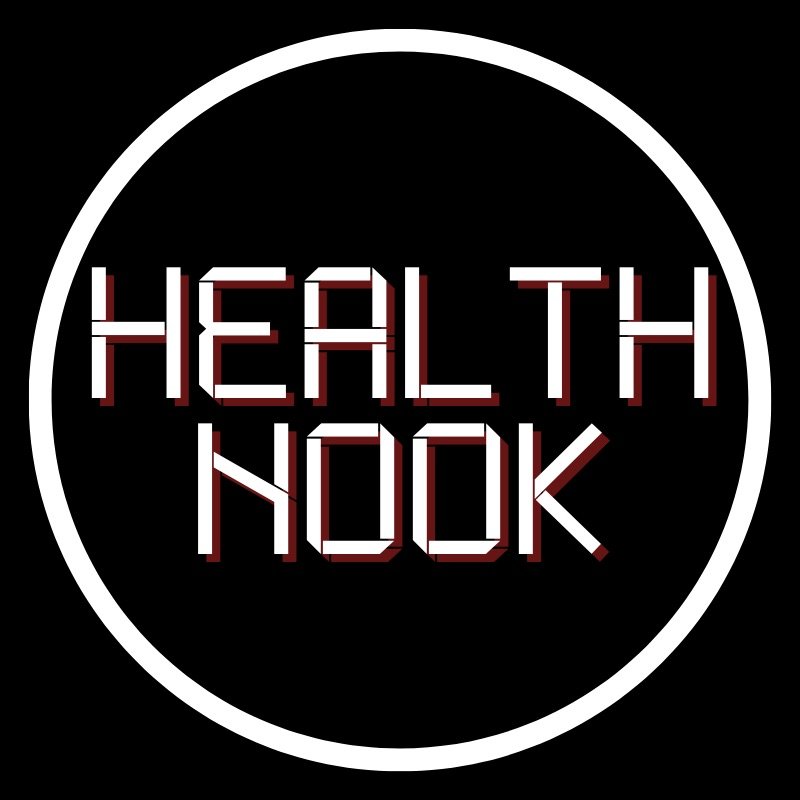Young people around the world are increasingly demanding to be taken seriously when it comes to critical issues concerning their health and well-being. Uluk Batyrgaliev, a 25-year-old activist from Kyrgyzstan, expresses frustration with the tokenism often directed towards young people. He believes that their perspectives and potential are still underestimated due to their age and perceived lack of experience. As a result, policies, programs, and services targeted at young people may not accurately reflect their realities, needs, expectations, and suggested solutions.
To address this issue and support young activists like Uluk, WHO/Europe launched its Youth4Health initiative in 2021. Dr. Hans Henri P. Kluge, WHO Regional Director for Europe, established the initiative to provide a platform for youth to influence and participate in WHO/Europe’s work and health decision-making processes. From engaging in dialogue with policy-makers to leading advocacy campaigns and participating in expert groups, the initiative aims to empower young people to become a meaningful voice in political debates.
The world currently has the largest generation of young people in history, with every third person in the WHO European Region under 30. This demographic group is disproportionately affected by the complexities of the modern health landscape, including disruptions in core health services due to ongoing conflicts and a worsening mental health crisis. Co-designing solutions to these challenges with youth is crucial for the success of health policies and programs.
Hilaire Armstrong, a technical officer at WHO/Europe supporting the Youth4Health initiative, emphasizes the importance of including young people in decision-making processes. She believes that young people understand the resources and needs of their peers and communities best, making their perspectives invaluable in shaping health policies. Uzay Macar, a 26-year-old activist from Turkey, echoes this sentiment, stating that young people bring fresh ideas, tech-savvy solutions, and energy to the table, which can help tackle health challenges in innovative ways.
In 2022, at the first Youth Forum in Tirana, Albania, youth activists and organizations from across the Region adopted the Tirana Statement with 10 commitments for increasing meaningful engagement and improving youth health and well-being. One of these commitments focused on creating a platform for ongoing collaboration between young people and WHO/Europe, leading to the establishment of the Youth4Health network in 2023.
The Youth4Health network now includes 34 youth organizations and 175 individual representatives from 36 countries across the Region. It goes beyond mere consultation, offering members opportunities to learn about WHO’s work, build connections, participate in campaigns, and join collaboration groups. WHO/Europe integrates youth perspectives into its planning and amplifies their messages in high-level health decision-making processes and events.
Through the Youth4Health initiative, WHO/Europe has achieved significant milestones, such as launching a tool for engaging young people in emergency preparedness, response, and recovery. The initiative also led to the development of the youth declaration at the 7th Ministerial Conference on Environment and Health in Budapest, Hungary, calling for stronger climate action and meaningful youth engagement. Additionally, the Youth Alcohol Network addresses the adverse effects of alcohol on individuals and communities, while young professionals co-created and co-led events to promote vaccination against preventable diseases.
Inês Mália Sarmento, a mental health activist from Portugal, emphasizes the impact of networks like Youth4Health in bridging the gap between people with lived experience and those looking to get involved in the field. These networks provide a community where individuals can contribute and make a difference, no matter how small their role may seem.
Looking ahead, WHO/Europe continues to expand youth engagement and encourages Member States to bring youth delegates as part of their official delegation to sessions of the WHO Regional Committee for Europe. Individual youth activists and organizations residing in the European Region can apply to join the Youth4Health network to benefit from upcoming opportunities to engage with WHO/Europe. Applications are reviewed on a rolling basis, ensuring that young people have a meaningful voice in shaping health policies and programs for the future.
